To provide the best experiences, we use technologies like cookies to store and/or access device information. Consenting to these technologies will allow us to process data such as browsing behaviour or unique IDs on this site. Not consenting or withdrawing consent, may adversely affect certain features and functions.
The technical storage or access is strictly necessary for the legitimate purpose of enabling the use of a specific service explicitly requested by the subscriber or user, or for the sole purpose of carrying out the transmission of a communication over an electronic communications network.
The technical storage or access is necessary for the legitimate purpose of storing preferences that are not requested by the subscriber or user.
The technical storage or access that is used exclusively for statistical purposes.
The technical storage or access that is used exclusively for anonymous statistical purposes. Without a subpoena, voluntary compliance on the part of your Internet Service Provider, or additional records from a third party, information stored or retrieved for this purpose alone cannot usually be used to identify you.
The technical storage or access is required to create user profiles to send advertising, or to track the user on a website or across several websites for similar marketing purposes.
 Manchester has become the first UK city outside of London to join the European Union’s CommuniCity initiative, a programme designed to empower local people and organisations in developing innovative solutions to social challenges. As the second UK city to participate (following London), Manchester is now part of this three-year initiative led by Horizon Europe, the EU’s primary funding programme for research and innovation. CommuniCity seeks to engage communities, businesses, and organisations to create technical solutions that address social inequalities. (more…)
Manchester has become the first UK city outside of London to join the European Union’s CommuniCity initiative, a programme designed to empower local people and organisations in developing innovative solutions to social challenges. As the second UK city to participate (following London), Manchester is now part of this three-year initiative led by Horizon Europe, the EU’s primary funding programme for research and innovation. CommuniCity seeks to engage communities, businesses, and organisations to create technical solutions that address social inequalities. (more…)




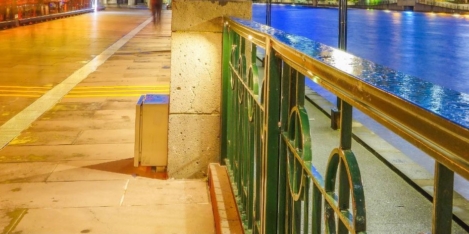
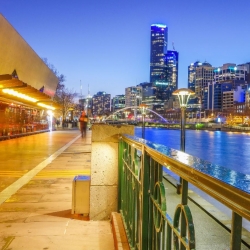

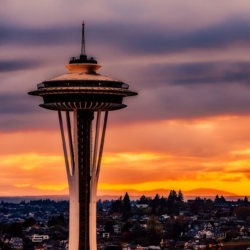
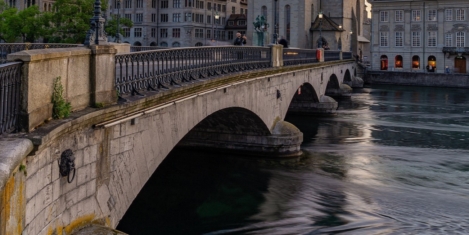
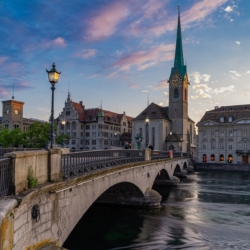




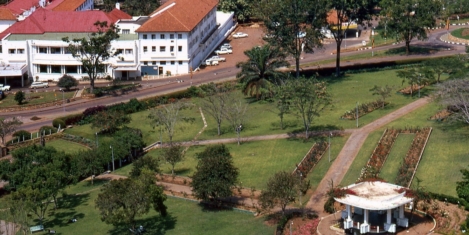
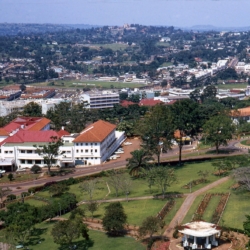






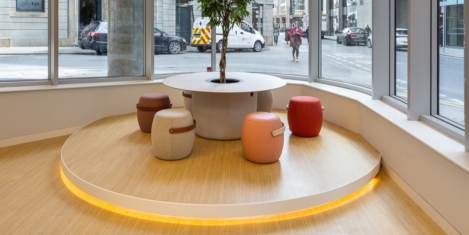
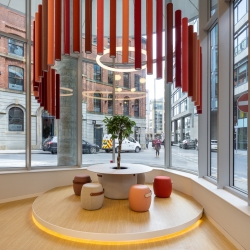 Way before the lockdown rewired the whole events scene in cities around the world, I was given a task by an old, now departed, friend. He wanted to explore the possibility of creating something like Clerkenwell Design Week in Manchester. The obvious problem was that, for some of its historic parallels, Manchester isn’t Clerkenwell and it certainly isn’t London. What it particularly lacked for this type of event was a hothouse of office design showrooms sharing space with a youthful community of architects and designers. The ecosystem for such an event didn’t really exist in the same way.
Way before the lockdown rewired the whole events scene in cities around the world, I was given a task by an old, now departed, friend. He wanted to explore the possibility of creating something like Clerkenwell Design Week in Manchester. The obvious problem was that, for some of its historic parallels, Manchester isn’t Clerkenwell and it certainly isn’t London. What it particularly lacked for this type of event was a hothouse of office design showrooms sharing space with a youthful community of architects and designers. The ecosystem for such an event didn’t really exist in the same way. 







June 3, 2024
Forget Cannes. Commercial property sector hits the North to great effect
by Helen Parton • Cities, Comment, Property, Public Sector